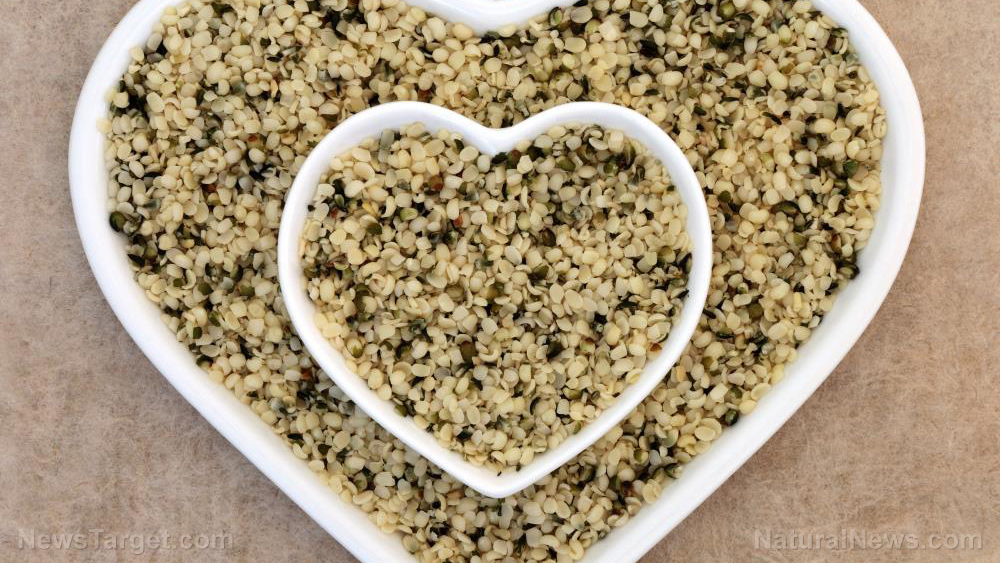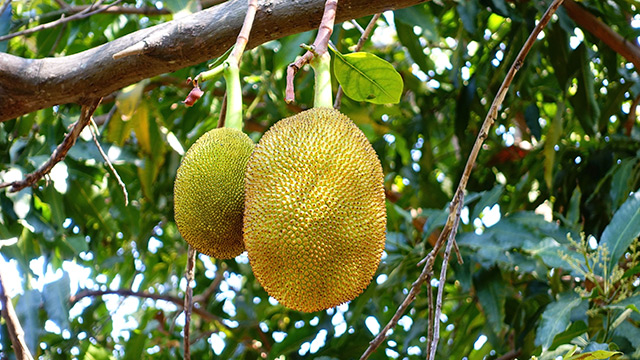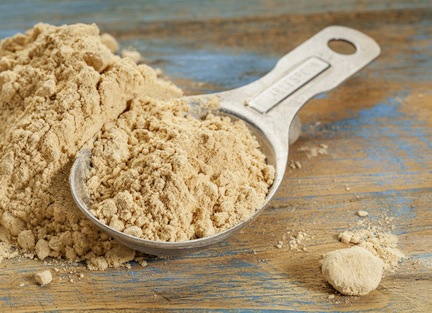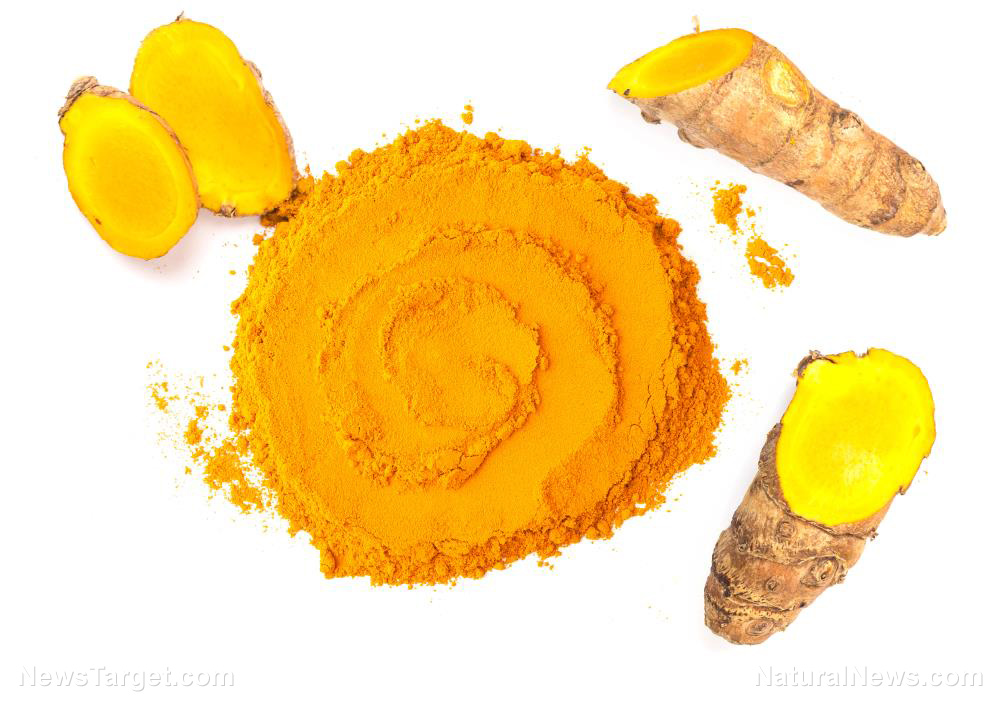The health benefits you receive when you eat more sweet potatoes
01/28/2019 / By Mary Miller

Sweet potatoes are actually a slight misnomer, as they are not really related to regular white potatoes. They don’t even belong to the same plant family. Sweet potatoes are root vegetables that belong to the morning glory family of flowering plants, while regular white potatoes are tubers that belong to the nightshade family. While many people use white potatoes as a staple food, sweet potatoes can also offer a surprising number of health benefits, when eaten in moderation. Here are a few of the amazing health benefits that you can get from eating sweet potatoes:
Sweet potatoes can support eye health
Your eyes need plenty of vitamin A to function properly. Sweet potatoes are excellent sources of beta-carotene, a powerful antioxidant that your body converts to vitamin A. That is also what gives them their bright color. Sweet potatoes are so packed with beta-carotene that eating even just a cup of baked sweet potato can provide a whopping 400 percent of your recommended daily intake of vitamin A. The orange and yellow varieties of sweet potatoes contain the most vitamin A. If you want to retain most of the beta-carotene content and other nutrients in sweet potatoes, you can boil them with the skin on. This prevents the loss of essential nutrients.
Sweet potatoes are loaded with many other nutrients
Some of the vitamins and minerals found in sweet potatoes include thiamin, niacin, riboflavin, potassium, fiber, and vitamins B5, B6, and C. You’ll also get plenty of manganese from potatoes. Manganese can aid in your body’s production of collagen and promote the growth of healthy skin and bones. Boiling potatoes before eating them also makes the nutrients easier to absorb. (Related: 5 huge health benefits of sweet potatoes.)
Sweet potatoes are loaded with antioxidants
Vitamins A and C are antioxidants, and sweet potatoes are loaded with both. Antioxidants can help protect your body against harmful free radicals and the oxidative stress they may cause. The other phytochemical responsible for the bright color of sweet potatoes is anthocyanin, which is another potent antioxidant. Purple sweet potatoes contain some of the highest levels of anthocyanins. Antioxidants can also help protect your cells from the effects of aging and disease.
Sweet potatoes don’t cause blood sugar spikes
Sweet potatoes may be sweet and they do contain sugar, but they are actually considered a medium glycemic index food. Sweet potatoes only have a glycemic index (GI) of 63, as opposed to the higher 78 of white potatoes. Additionally, sweet potatoes are rich in fiber, which allows them to serve as a slow-burning starch. This means that they won’t cause spikes in blood sugar and insulin levels. You can get around six grams of fiber from a single cup of baked sweet potatoes. This is equivalent to over a quarter of the recommended daily minimum intake.
Sweet potatoes are anti-inflammatory foods
Sweet potatoes contain anti-inflammatory compounds that can help reduce swelling on a cellular level. By reducing inflammation, sweet potatoes can help lower your risk of diseases related to chronic inflammation, such as obesity, heart disease, Type 2 diabetes, and cancer.
Sweet potatoes can help manage blood pressure levels
Sweet potatoes can help you regulate your blood pressure, thanks to their high potassium content. The potassium can flush out excess sodium and fluid from the body to help lower your blood pressure level. A lower blood pressure can decrease unnecessary strain on the heart.
Learn more about the health benefits of sweet potatoes and other vegetables by going to Veggie.news.
Sources include:
Tagged Under:


















